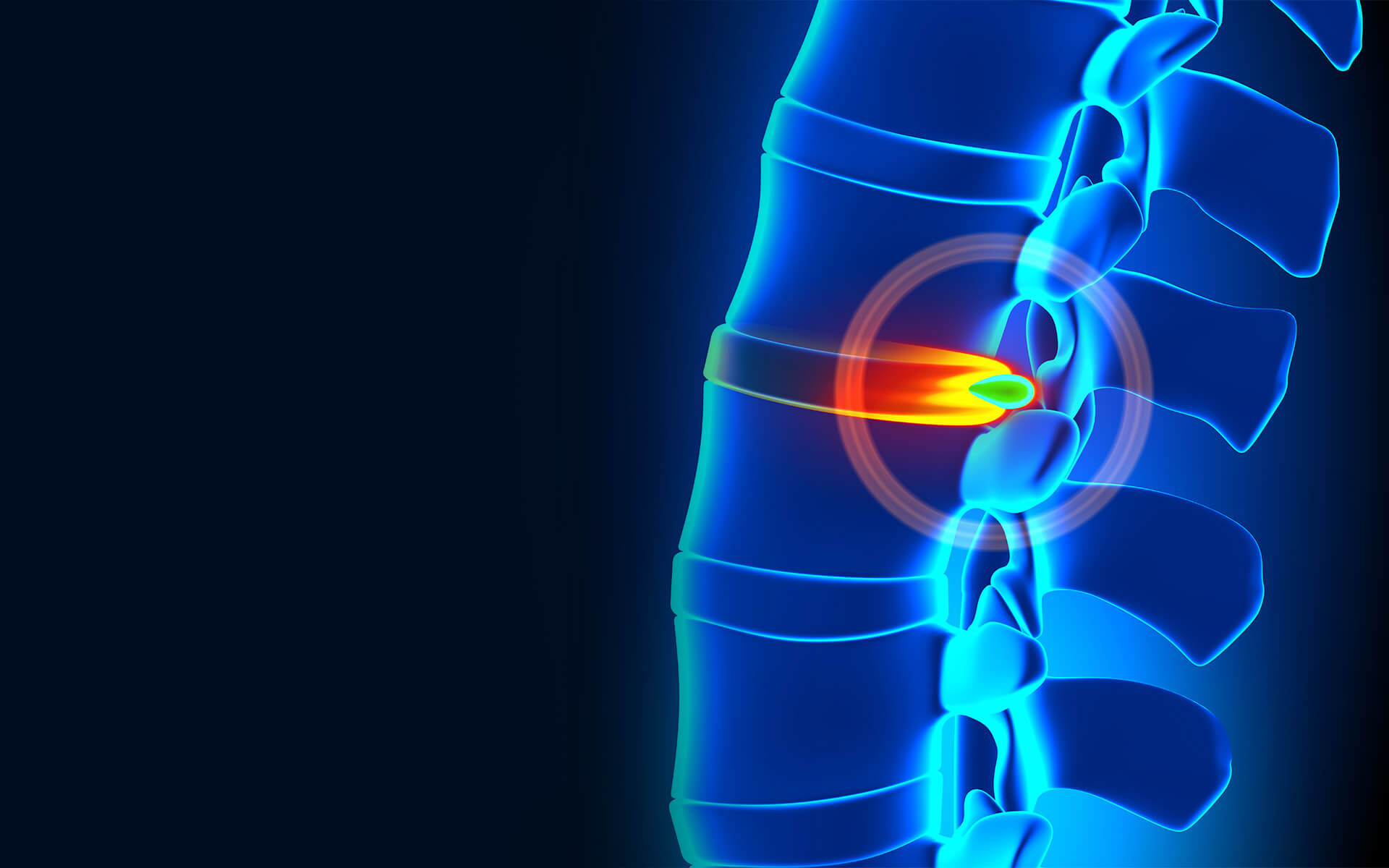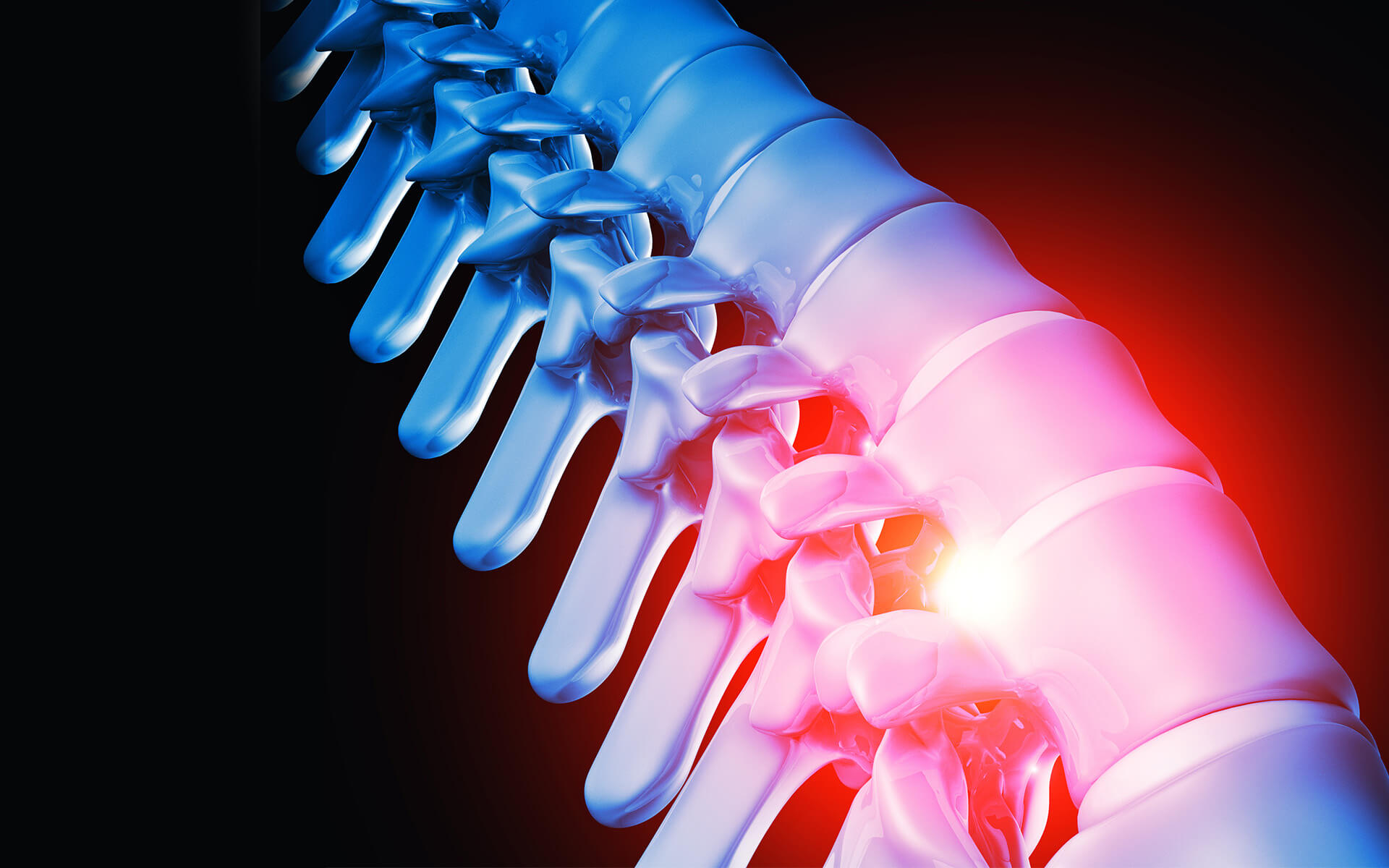A core muscle injury, more accurately known as athletic pubalgia or sports hernia, is an injury to a tendon or muscle in the lower abdomen or groin that results in chronic pain. It is a misnomer — it is not a true hernia, which is the protrusion of an organ through the wall of the cavity that holds it.
Often brought on by repetitive, forceful motion of the pelvis, a core muscle injury causes chronic groin pain, especially with strenuous physical activities. We have pioneered several advanced surgical treatments, including nerve surgery, to treat your pain at the source.





